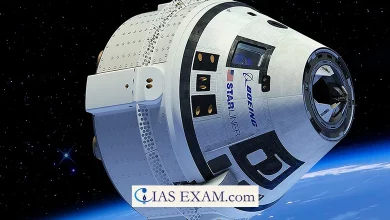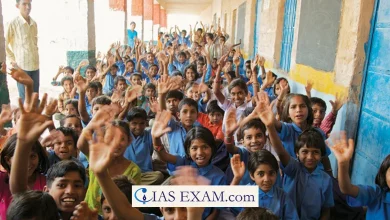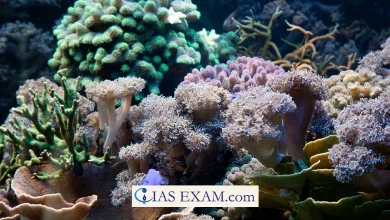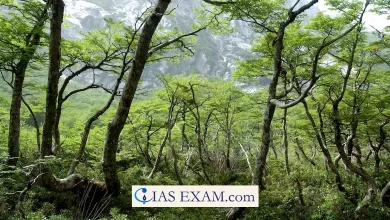Daily Current Affairs for UPSC
Shanghai Cooperation Organisation (SCO)
Topic- International Organizations [GS Paper-3]
Context- Prime Minister of India attends 22nd meeting of the heads of member states of Shanghai Cooperation Organisation at Samarkand, Uzbekistan.
Key Highlights
- The 22nd regional summit of the Shanghai Cooperation Organisation (SCO) recently took place in Samarkand, Uzbekistan.
- This is the first in-person summit of the organisation in the past two years.
- Uzbekistan has handed over the rotating presidency of the eight-member Shanghai Cooperation Organisation (SCO) to India during the last meeting.
Shanghai Cooperation Organisation (SCO)
- The Shanghai Cooperation Organisation (SCO) is a mutual political, economic and security organization of the Eurasian region.
- It is the world’s largest regional organization, which covers approximately 60% of the area of Eurasia, 40% of the world population, and more than 30% of global GDP.
- It was established on 25th June 2001 with its headquarter at Beijing, China.
- The SCO is an inheritor to the Shanghai Five, a mutual security agreement formed in 1996 between the People’s Republic of China, Kazakhstan, Kyrgyzstan, Russia, and Tajikistan.
- The Shanghai Charter was signed by the member nations in 2002 whereas it came into force on 19 September 2003.
- The organisation was established by seven member states, later in 2017 India joined the group and in 2022 recently Iran has become a permanent member of Shanghai Cooperation Organisation.
- Hence the SCO has 9 member countries i.e. Kazakhstan, China, Kyrgyzstan, Russia, Tajikistan, Uzbekistan, India, Pakistan and Iran; whereas many other countries are engaged with it as observers or dialogue partners.
- The official language of the Shanghai Cooperation Organisation is Russian and Chinese.
- It is governed by the Heads of State Council (HSC), its supreme decision-making body, which meets once a year.
Structure of SCO
- Council of Head of States is the highest decision making body which makes decisions on its internal functioning and its interaction with other States & international organisations, and considers international issues.
- Heads of Government Council approves the budget, deals with the issues related to economic spheres of interaction within SCO.
- Council of Ministers of Foreign Affairs observe issues related to day-to-day activities of the organisation.
-
- Council of National Coordinators harmonises the multilateral cooperation of member states within the framework of the SCO charter.
- Regional Anti-Terrorist Structure (RATS) came into force in order to combat three major issues of terrorism, separatism and extremism. It has its headquarter at Tashkent, Uzbekistan. The Director of RATS Executive Committee is elected to a three-year term and Ruslan Mirzaev of Uzbekistan is the current Director of RATS.
- Secretariat of the SCO headquartered in Beijing, China, is the primary executive body which serves to implement organisational decisions and mandates. It drafts proposed documents (such as declarations and agendas), functions as a document depository for the organisation,arranges specific activities within the SCO framework, and promotes and disseminates information about the SCO.
- Zhang Ming of China is the present Secretary General of the SCO.
Functions of SCO
- It strengthens mutual trust among the member states in order to establish better cooperation in the area.
- It emphasises on effective cooperation in trade, politics, research, economy, technology, and culture.
- The SCO works for the mutual development in certain fields like education, transport, energy, environmental protection, tourism, and other areas.
- It ensures joint efforts to maintain and ensure security, stability, and peace in the region.
- With particular efforts the goals set by SCO are moving towards the establishment of a democratic, rational, and fair new international economic and political order.
- The organisation follow its internal policy based on the principles of mutual benefit, mutual trust, mutual consultations, equality, respect for cultural diversity, and a desire for common development, while the external policy is conducted under the principles of non-targeting and non-alignment.





.png)



